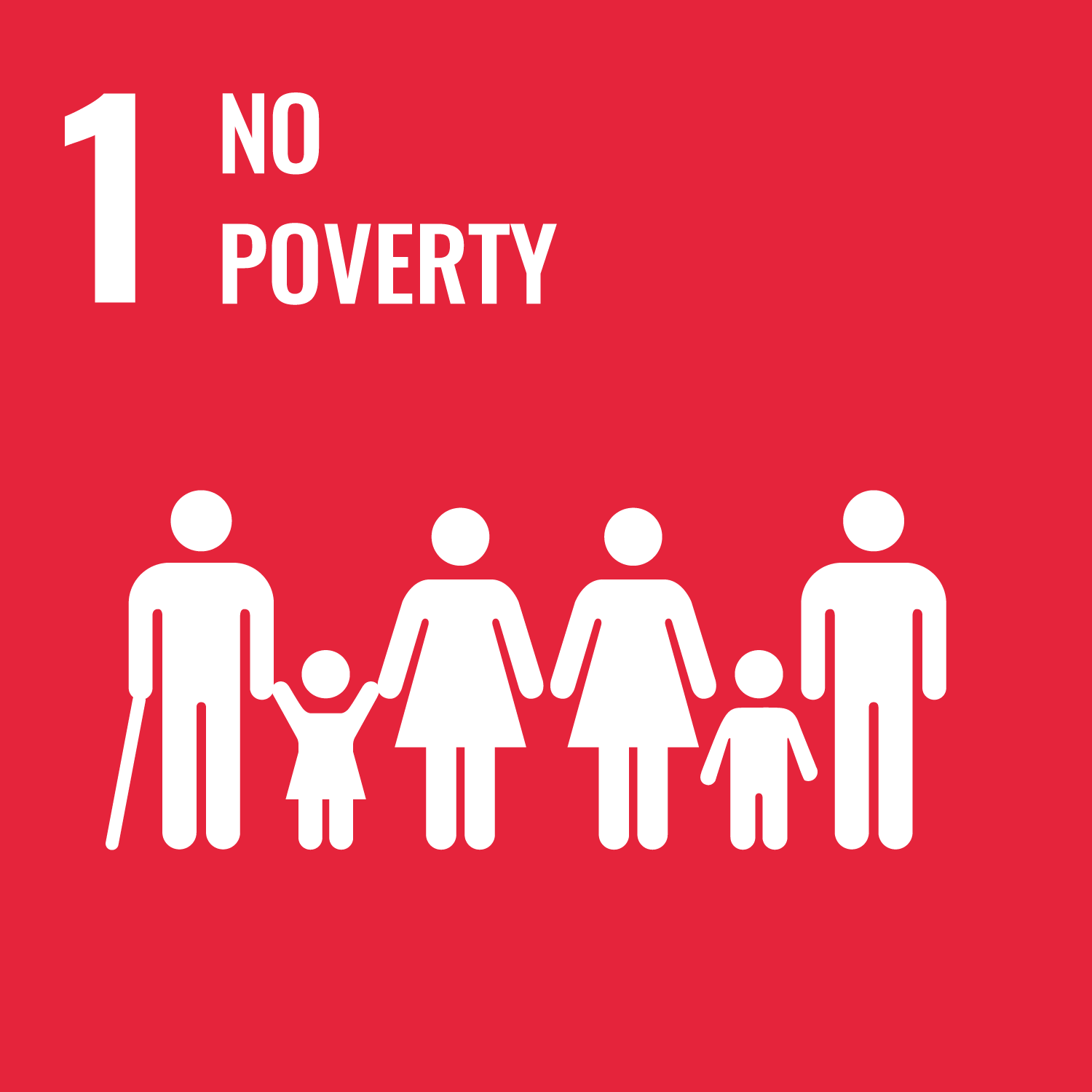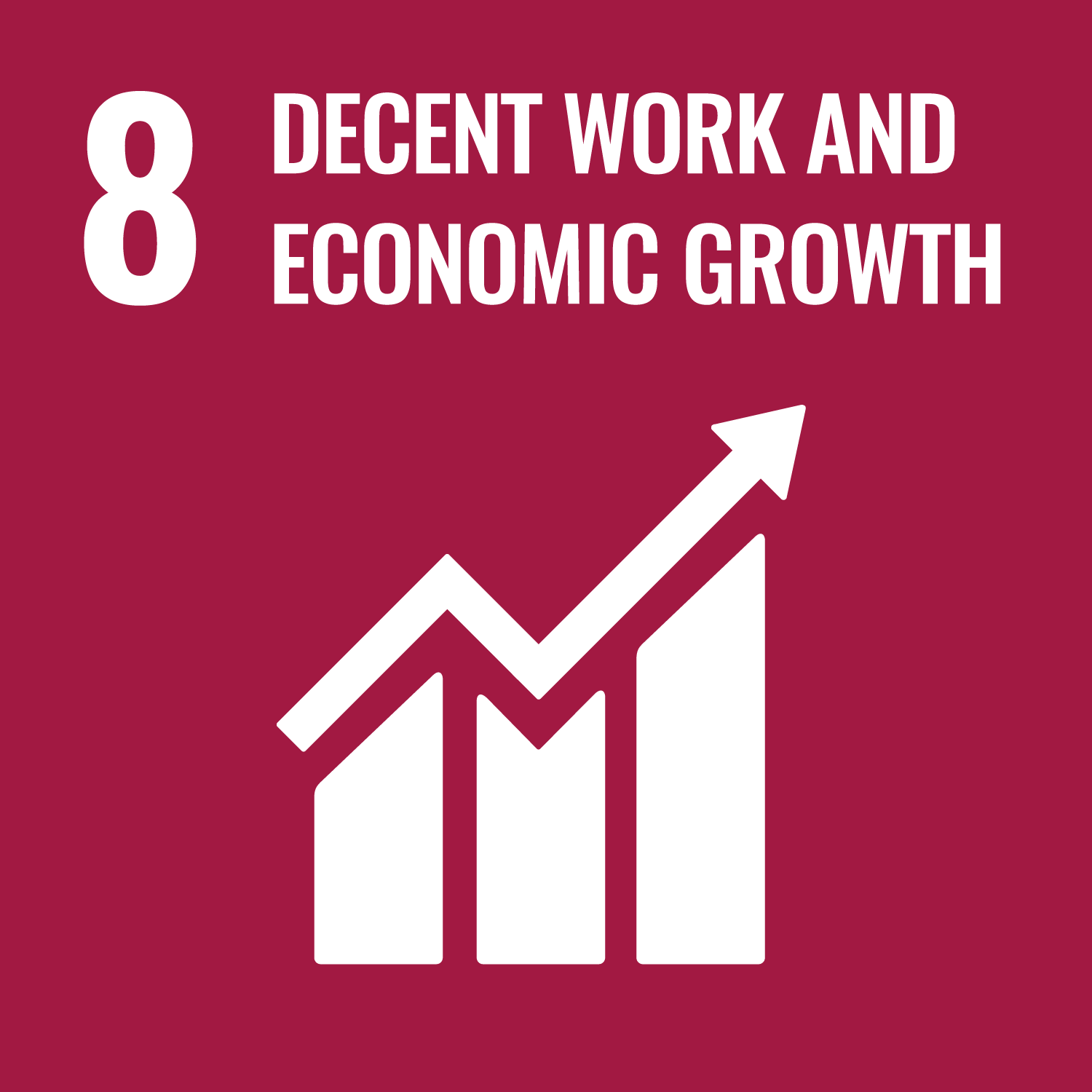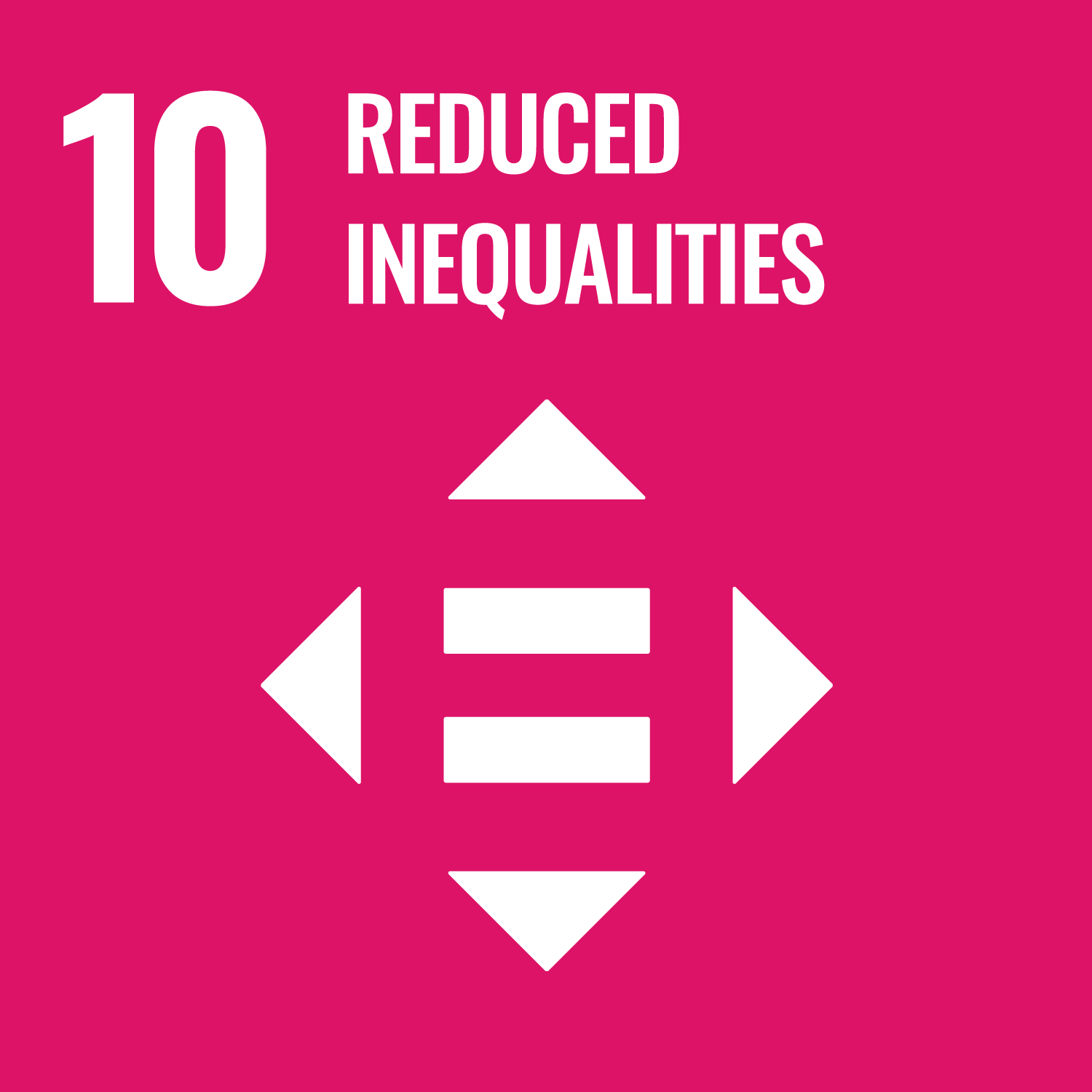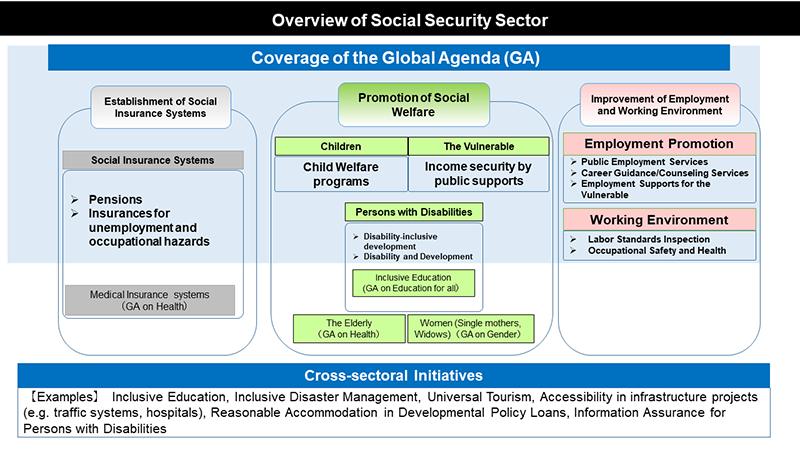Social Security / Disability and Development



We support those who are vulnerable to social and economic changes.
To support the establishment of social security systems, which are the basis for
livelihoods of all people and social stability, and to seek for the realization of a society that is inclusive of the vulnerable such as the elderly, women, children and persons with disabilities.
Human security is a concept that guarantees the right of individuals to live in dignity, free from fear and poverty. Social security protects people from risks such as illness and unemployment, providing livelihood security and preserving dignity. Disability and development promotes the participation of persons with disabilities in society, thus ensuring the dignity of all people. This will enable the realization of “no one left behind” development as stated in the SDGs and contribute to the realization of equitable and inclusive societies.
For more information on JICA's initiatives through applying Human Security approaches, please see below.
Only 45% of the world's population is covered by social security systems. In particular, approximately 1.3 billion people with disabilities, or 16% of the world's population, are among the groups most likely to be left behind. It is estimated that 90% of disabled children in developing countries are out of school and approximately 20% of the population living in extreme poverty are disabled.
The establishment of social security systems that cover vulnerable groups and provide support to society as a whole against risks is of great significance from the perspective of realising human security. Japan institutionalised universal health insurance and pensions in 1961, at an early stage of economic development, and has since made efforts to expand various social security services. These experiences, including the challenges and trial and error in the process, can serve as a reference for developing countries. In the field of disability and development, Japan's experience in working on the participation of persons with disabilities in decision-making mechanisms through the disablity rights movement and the independent living movement since the 1960s, can be used as a reference for developing countries in many ways.
The overview of social security sector is as follows:

Main initiatives are as follows:
JICA supports the promotion of social insurance policies such as pensions, capacity development for the collection of premiums, and the establishment of implementation structures through country/area-focused training courses and group training courses in Japan.
JICA has taken the initiative to prevent the isolation of the vulnerable who are at more risk of violence and abuse in families isolated by lockdowns as mentioned above. This Global Agenda actively covers protection/welfare for children in particular, while elderly and women/girls are covered by the Global Agenda on Health Medicine and the Global Agenda on Gender and Development respectively. In addition, JICA supports human resource development of professional welfare specialists who can deal with various social problems by building the relationship with
socially marginalized people and links them with relevant services and support.
In this area, JICA particularly focuses on employment support for the vulnerable including persons with disabilities. Also, in terms of achieving the improvement of working environments and decent work for all, JICA works on sharing Japan's expertise on occupational safety and health. However, rather than supporting the establishment of systems at the policy level, JICA will consider the direction of cooperation such as sharing and giving instructions related to expertise at construction sites of ODA projects. It is expected that stakeholders involved in ODA construction works have a full understanding of the importance of "ensuring human safety" and "respecting basic human rights" and will take the initiative in establishing and promoting "a culture of safety" (JICA, 2014).
In order to secure funding for social security and establish social security systems in developing countries, it is crucial to strengthen public finance, while those countries can enjoy the demographic dividend. Therefore this Global Agenda will work with initiatives on public finance management in the Global Agenda on Public Finance/Finance System.
The same as gender mainstreaming, disability-inclusive development is a perspective which should be accommodated in all Global Agendas and JICA implements the following inclusive initiatives across sectors.
In order to promote Disability and Development in developing countries, there are many activities that need to be addressed such as capacity development of administrative/disability-related organizations, statistics management, public-relations activities, information and physical accessibility improvement, inclusive-economic/social development and so on. Among these, the improvement of disability-related statistics, capacity development of administrative organizations and organizations of persons with disabilities, and public awareness-raising activities regarding disability are some of the prioritized activities to promote Disability and Development in developing countries.
Accurate data on disability needs to be collected and managed in official statistics in developing countries, as gender mainstreaming has been promoted through collecting and analyzing data by gender. This is the first step to accurately recognize the actual situation of persons with disabilities after the pandemic and appropriately support them. This point of view will be incorporated into policy-planning training for administrative officials. In many developing countries, administrative organizations officials who are in charge of disability issues and organizations of persons with disabilities do not have adequate capacity to promote disability mainstreaming so that their empowerment and networking are crucial. Furthermore, JICA promotes understanding of disability based on the social model through public awareness-raising activities in countries where such understanding is not well fostered and recognized.
Through those activities, prioritized issues of each country are identified from various areas such as the improvement of accessibility or the promotion of participation in economic activities or society. After the process, it would be more effective to implement the necessary cooperation in line with the circumstances of respective countries. In doing so, the following are the prioritized issues that JICA forecasts.
First, the improvement of accessibility to information about COVID-19, public support and social services are considered as priorities in response to the pandemic and its negative impacts which hinder persons with disabilities in accessing accurate information, health services and welfare services. The improvement of information accessibility through utilizing DX such as remote sign-language translation services is being actively considered.
Second, in the context of the worsening economic situation due to the pandemic, the lives of persons with disabilities, whose livelihoods depend on the informal sector and insecure employment, have been severely affected. JICA implements cooperation by focusing on the employment support of persons with disabilities as an initiative that contributes to improving their livelihoods and participation in economic activities.
Analysis from a Capacity Development Perspective Asia-Pacific Development Center on Disability Project(March 2008) (PDF/989KB)
Data Collection Survey on Disability and Development in Indonesia (September 2015) (PDF/3.46MB)
Project for the Promotion of Empowerment of Persons with Disabilities and Disability Mainstreaming in Republic of South Africa (Project Completion Report) (May 2020) (PDF/30.4MB)
Executive Summary of JICA Survey and Analysis on Promotion of Disability Mainstreaming and Inclusion in JICA’s Operations(August 2023) (PDF/184KB)
Case Studies on Disability Inclusion in JICA Projects(August 2023) (PDF/1.71MB)
scroll